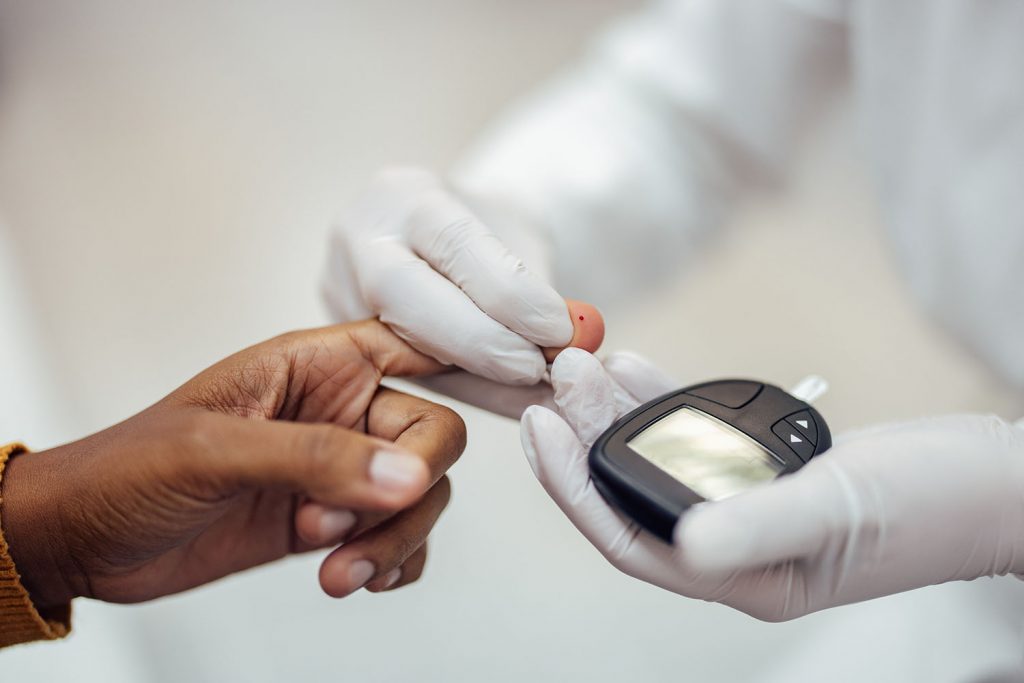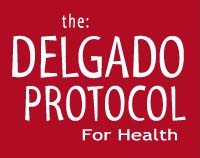Eating the right diet is the best weapon you have for fighting diabetes and heart disease. But you need to be careful when choosing your diet because there is a lot of conflicting advice and some diets that claim to reduce chronic disease risk, can actually increase it. The ketogenic diet is a great example of this.
The keto diet advocates for a significant portion of calories to come from fat, and encourages the consumption of meat, fish, eggs, and butter. It is touted as the ultimate diet for weight loss and disease reversal, however, the cholesterol and saturated fats found in these foods increase bad cholesterol levels, and the risk for diabetes, kidney stones, atherosclerosis, coronary disease, heart attacks and strokes. Many people on this diet also experience nutrient deficiencies, constipation, dizziness, fatigue and flu-like symptoms.
Animal saturated fats are harmful for humans while plant unprocessed whole fiber intake saturated fat from whole coconut (not coconut oil) is good for you.
For example there are two different group of islanders in the South Pacific studied back in the 1970’s to 1980’s one consumes whole coconut and have elevated cholesterol level by about 20 mg/dl to about 180 mg/dl.
Both groups are nearly completely plant based (with the exception they both eat small amounts of fish) and both have clear skin and clean arteries! The group eating coconut are overweight as they eat alot of food with whole fats such as coconut and large amounts of calorically dense foods such as taro.
The other South Pacific Island population studied also consumed largely plant based proteins however they did not eat coconut and they have a lower cholesterol level on average of 120 to 160 mg/dl and are also free of heart disease or diabetes.
Another problem with the keto diet is that it discourages fruit. The idea that fruit is bad for you is based on a false supposition that because it contains sugar, it is high on the glycemic index. Foods with a high glycemic index (GI) cause a rapid increase in blood sugar and spike in insulin. Frequent ingestion of high GI foods, reduces insulin sensitivity and increases your likelihood for developing diabetes. It also damages your blood vessels, which raises your risk for heart disease and stroke.
Sugar containing foods and refined carbohydrates (which are quickly broken down into sugar in the body) are almost always high on the glycemic index. However, fruits and starchy vegetables are unique because even though they contain natural sugars, recent research has found they measure differently on the glycemic index scale, depending on what kind of diet you are eating.
According to Dr Jenkins, the physician who developed the glycemic index back in the 80’s, when participants were switched from the typical Western high fat diet to a low fat, plant-based diet the consumption of carrots, mangos, rice, beans and other foods that had been classified as high on the glycemic index, did not cause a spike in glucose or insulin levels. On the contrary, these foods actually increased insulin sensitivity and reduced triglyceride levels; thereby reducing the risk for diabetes and heart disease. Another noteworthy study led by Dr. John Sievenpiper and Dr David Jenkins, found a plant-based diet is more effective at lowering blood cholesterol levels than statin drugs.
Dr. James Anderson of the University of Kentucky, found similarly impressive results. He placed 20 insulin treated diabetic men on a special high carbohydrate, high plant fiber diet with only 11 percent of calories from fat. There were no limits placed on fruit consumption. After just 16 days, the patients we’re able to reduce their insulin use by 58 percent. Their cholesterol levels dropped and they had an increased number of insulin receptors, which means their insulin sensitivity increased. And 11 of the 20 patients were able to discontinue insulin treatment altogether.
The diet followed in these studies is almost the exact same diet that I have been advocating for decades. It seems the research has caught up and an oil-free plant based diet is now clinically proven to be the best way to reverse diabetes and prevent heart disease. On the Delgado diet you can consume as much fruit as you like. In fact fruits are encouraged because they are loaded with polyphenols, which have been found to both reduce blood sugar and stabilize insulin levels. You’re also encouraged to consume a wide range of vegetables, high fiber beans, and sprouted whole grains.
For the best results, meat, dairy, chicken, fish, egg yolks and oils should be avoided, both because all animal food are loaded with cholesterol and saturated fats. Animal food and dairy product also contain high concentrations of estrogen hormone that cause the retention of body fat. Animal foods are also loaded with heavy metal ( particularly large fish like Tuna or swordfish that eat smaller fish).
See my newest talk on reversing heart disease and diabetes. In this talk, I discuss how Dr Kempner of Duke University found diabetics can achieve normal blood sugar and insulin levels on a diet that includes unlimited amounts of fruit and rice. I also reveal more specifics on the incredible diet that was not only found to reverse diabetes in just 30 days, but also to eliminate heart disease and yield an average of 146 lbs of weight loss in just one year.
Register for the free event here:
ForeverYoungEvent.com May 18th



